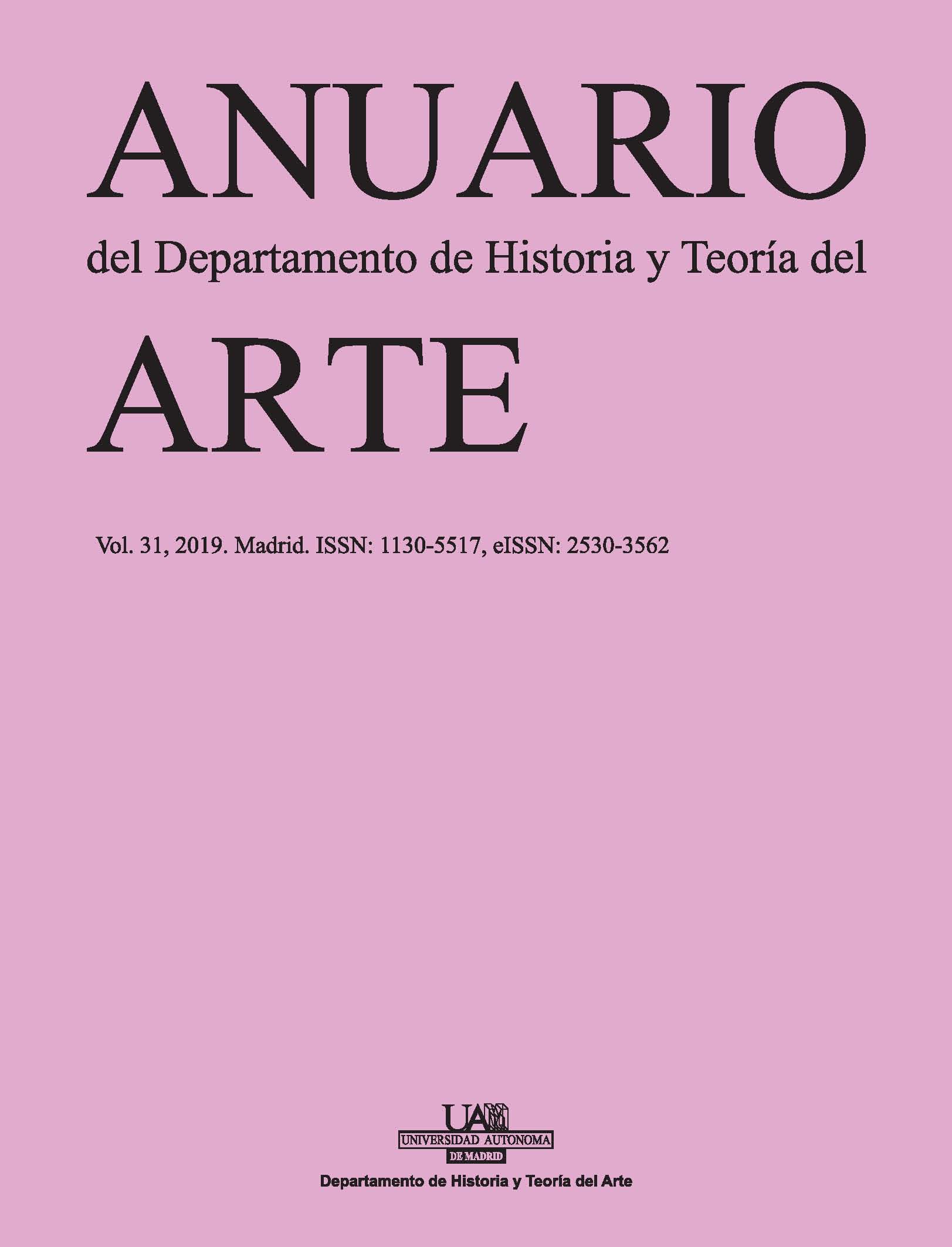Keywords:
Urban struggles, Nonfiction cinema, Iconography, Social movement, Migration, Citizenship, Sans papier
This work is licensed under a Creative Commons Attribution 4.0 International License.
Abstract
The decolonial investigation studies the configuration of the world after the end of the colonies. The global diasporas, the north-south relations, the survival of colonial traces in the old metropolis and colonies, the situation of neocolonial domination imposed by some multinationals or the liberation struggles against this political framework are some of the recurring themes. More importantly for the text presented below, this branch of studies also covers the representation of urban conflicts linked to the border system. In the case of Barcelona, a significant number of non-fiction titles have appeared, characterized by some kind of alliance between local and migrant groups. Such alliances offer a critical perspective that contributes, from the field of audiovisual iconography, to increase the protest against racism and borders within the city itself. The decolonial function pursued by the non-fiction titles that will be analyzed here is the circulation of ideas, sometimes useful to different emergences, which serve to counteract the hegemonic discourses of criminalization and the multiple invisibilisations of racialized human collectives, resulting from frontiers that are the heritage of a colonial past which to a large extent it remains alive.
Downloads
References
Judith BUTLER, Marcos de guerra. Las vidas lloradas, Barcelona, Paidós, 2010, pp. 50-51.
Harmonia CARMONA, El negro [en línea], http://harmoniacarmona.blogspot.com.es/2012/08/el-negro.html [Consulta: 20 de mayo de 2018].
Blanca CIA, 1.700 inmigrantes se encierran en Barcelona en demanda de "papeles" [en línea], https://elpais.com/diario/2004/06/06/espana/1086472814_850215.html [Consulta: 20 de mayo 2018].
Stanley COHEN, Folk Devils and Moral Panics, Londres, Routledge, 2002, p. 7.
Roger COSTA PUYAL, "Barcelona ja criminalitzava la venda ambulant als anys trenta", Setmanari La Directa, 395 (2015), pp. 22-23.
Alessandro DE GIORGI, Tolerancia cero. Estrategias y prácticas de la sociedad del control, Barcelona, Virus, 2005.
Joan Miquel GUAL, La representació de Barcelona en el cinema contemporani. Cinemarca Barcelona, espectadors turistes, paisatges de no ficció, Tesina, Barcelona, Universitat Pompeu Fabra, 2010.
Frantz FANNON, Los condenados de la tierra, Tafalla, Txalaparta, 1999
Pablo GÓMEZ; Walter MIGNOLO; Estéticas decoloniales, Facultad de Bellas Artes de la Universidad Distrital Francisco José de Caldas, Bogotá, 2012.
Àlex GUTIÉRREZ, Els 11 del Raval també mereixen reparació periodística [Los 11 del Raval también merecen reparación periodística] [en línea], https://www.ara.cat/premium/Raval-tambe-mereixen-reparacio-periodistica_0_1388261183.html [Consulta: 20 de mayo 2018].
Albert O. HIRSCHMAN, Salida, voz y lealtad: respuestas al deterioro de empresas, organizaciones y estados, México, Fondo de Cultura Económica, 1977.
Nelson MALDONADO-TORRES, "Sobre la colonialidad del ser: contribuciones al desarrollo de un concepto". En S. Castro Gómez, R. Grosfoguel (eds.), El giro decolonial. Reflexiones para una diversidad epistémica más allá del capitalismo global, Bogotá, Iesco-Pensar-Siglo del hombre editores, 2007.
Walter MIGNOLO, Geopolítica de la sensibilidad y el conocimiento. Sobre (de)colonialidad, pensamiento fronterizo y desobediencia epistémica [en línea], http://eipcp.net/transversal/0112/mignolo/es [Consulta: 20 de mayo 2018].
Sandro MEZZADRA, Derecho de fuga. Migraciones, ciudadanía y globalización, Madrid, Traficantes de Sueños, 2005, pp. 43-44
Fernando SOLANAS, Octavio GETTINO, "Hacia un tercer cine", en Octavio Gettino, A diez años de "Hacia un Tercer Cine", México, Filmoteca de la UNAM, 1982, pp. 37-54.
Gayatri Chakraborty SPIVAK, ¿Pueden hablar los subalternos?, Barcelona, Macba, 2009
Amarela VARELA, Por el derecho a permanecer y pertenecer. Una sociología de las luchas migrantes, Madrid, Traficantes de Sueños, 2013, pp. 101-102.
VV.AA, Rastros de Dixán. Islamofobia y construcción del enemigo en la era post 11-S, Barcelona, Virus, 2009.

